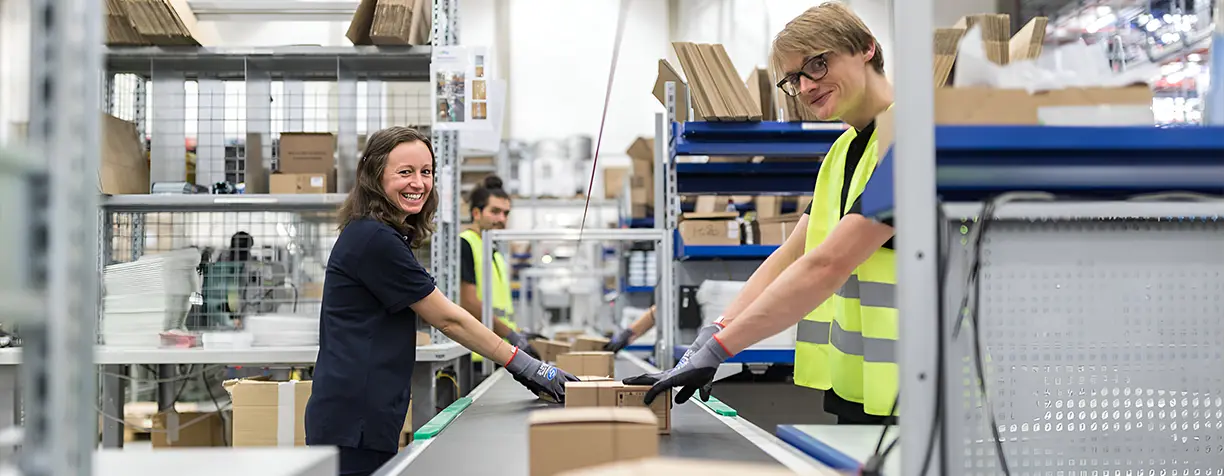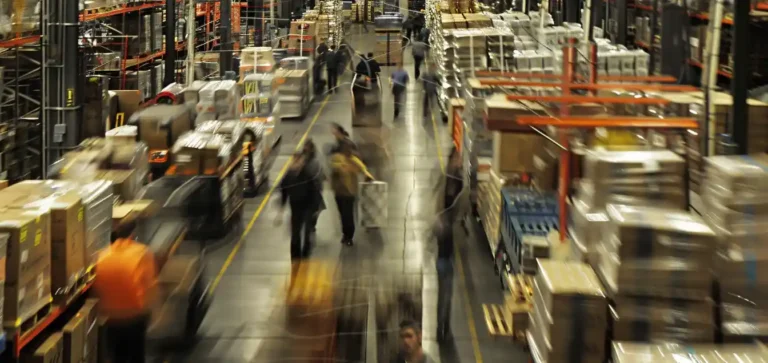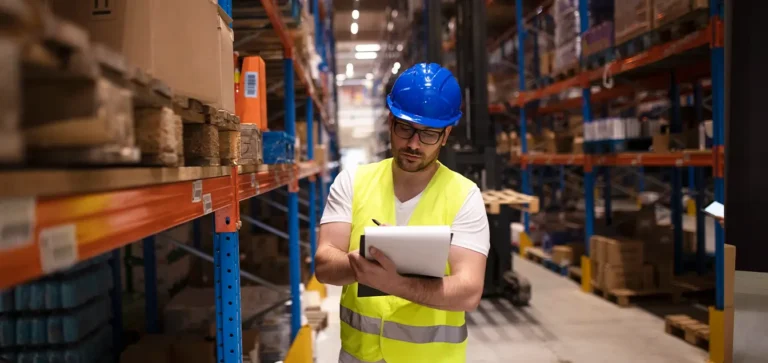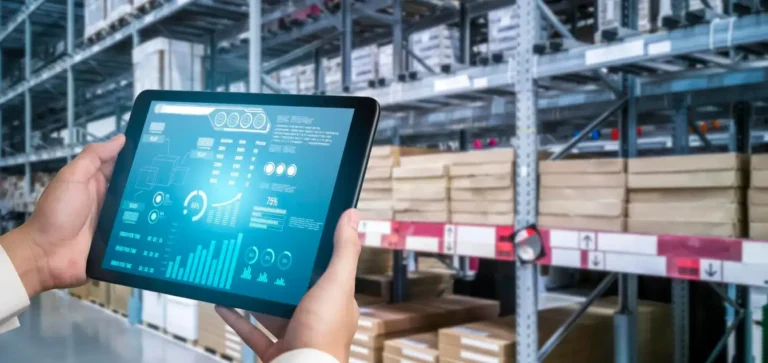Retail store fulfillment is a vital aspect of modern retail operations, directly influencing customer satisfaction and overall business success. However, many retailers face significant challenges in retail store fulfillment that can impact their efficiency and effectiveness. Understanding these challenges and how to overcome them is essential for retailers looking to enhance their fulfillment processes. This blog explores the various obstacles retailers encounter and provides actionable solutions to improve their fulfillment strategies.
Table of Contents
The Importance of Retail Store Fulfillment
Effective retail store fulfillment is crucial in today’s competitive marketplace. It involves not only delivering products to customers on time but also ensuring that they receive the right products in good condition. When retailers excel in fulfillment, they create a positive shopping experience, which leads to customer loyalty and repeat business.
Conversely, failure to address the challenges and difficulties in retail store fulfillment can result in delays, incorrect orders, and ultimately dissatisfied customers. Recognizing the importance of retail store fulfillment allows businesses to prioritize their fulfillment processes and invest in solutions that mitigate common issues.
Fulfillment Services Canada offers support to retailers, enabling them to streamline operations and meet customer expectations.
Obstacles in Retail Store Fulfillment
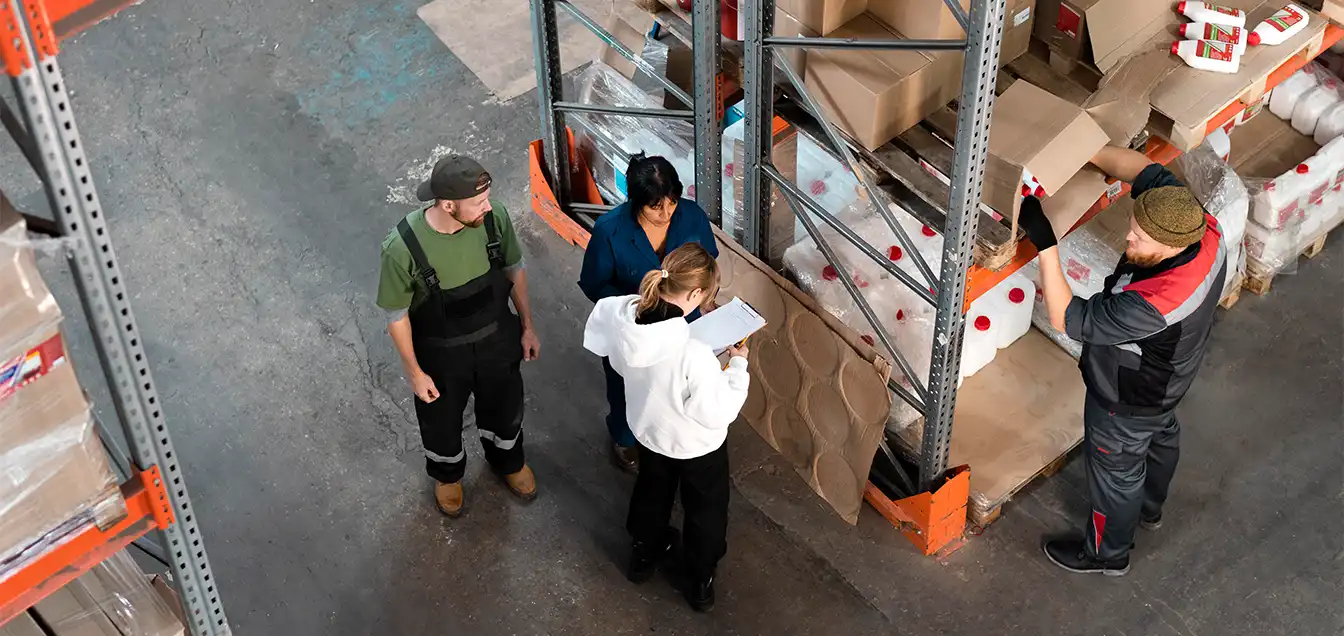
Inventory Management Challenges
One of the primary obstacles in retail store fulfillment is managing inventory effectively. Retailers often struggle with keeping accurate stock levels, which can lead to either overstocking or stockouts. Overstocking ties up capital and increases storage costs, while stockouts lead to missed sales opportunities and dissatisfied customers.
To overcome these inventory management challenges, retailers should implement advanced inventory management systems that provide real-time visibility into stock levels. Regular audits and accurate demand forecasting can also help maintain optimal inventory levels and reduce discrepancies.
Technology Integration Issues
Another significant challenge in retail operations is the integration of technology. As the retail landscape evolves, many retailers face challenges in retail store fulfillment due to outdated systems that hinder their operations. Resistance to adopting new fulfillment technology solutions often stems from concerns about costs, complexity, and the learning curve associated with new systems.
To tackle this issue, retailers should focus on investing in intuitive software systems that enhance their operations. Offering thorough training for employees can facilitate the transition to these new platforms, enabling staff to become skilled and confident in utilizing the tools essential for efficient fulfillment.
Rising Consumer Expectations
Today’s consumers have higher expectations than ever before, primarily driven by the convenience offered by e-commerce giants. The demand for faster delivery times places significant pressure on retailers to meet customer expectations. Retailers must navigate the challenges in retail store fulfillment while ensuring that they can deliver products quickly and efficiently.
Partnering with a top-tier 3PL provider like DelGate, the best 3PL logistics Canada based provider in Canada, can enhance a retailer’s delivery capabilities. DelGate offers the infrastructure and expertise necessary to meet increasing consumer demands, enabling retailers to stay focused on their core operations.
Labor Shortages
Labor shortages present another challenge in order fulfillment operations. Finding and retaining qualified staff to manage fulfillment tasks can be particularly difficult during peak seasons or in tight labor markets. This shortage can lead to delays in order processing and fulfillment, ultimately impacting customer satisfaction.
Retailers can combat this issue by investing in workforce management systems that help streamline scheduling, training, and retention strategies. By creating a positive work environment and offering competitive wages, retailers can attract and retain top talent to support their fulfillment operations.
The Future of Retail Fulfillment
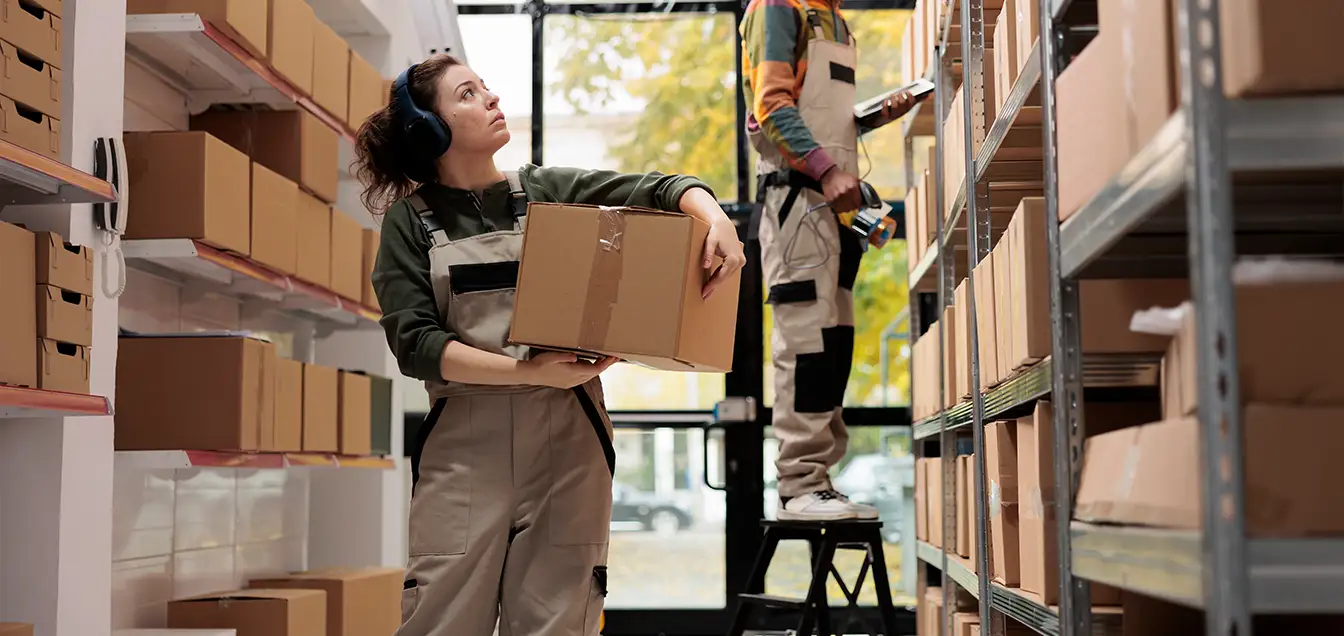
As we look to the future, the future of retail fulfillment is expected to be shaped by advancements in automation and artificial intelligence (AI). These technologies can significantly enhance operational efficiency, reduce errors, and lower costs. Retailers who embrace these innovations can position themselves for success amid ongoing market changes.
For instance, companies like Amazon have set a high standard by leveraging sophisticated fulfillment technology to optimize their operations. By adopting similar strategies, retailers can effectively navigate the challenges in retail store fulfillment and provide exceptional customer service.
Top Retail Fulfillment Tips
To overcome the challenges in retail store fulfillment, here are some top retail fulfillment tips that retailers should consider:
- Invest in Technology: Utilizing advanced software systems can improve both accuracy and speed in order processing. Tools such as automated inventory management systems and order tracking software can greatly enhance operational efficiency.
- Optimize Inventory Management: Retailers should utilize robust inventory management software to maintain real-time stock levels and minimize discrepancies. Regular stock audits and accurate demand forecasting are critical to effective inventory management.
- Enhance Training Programs: Providing comprehensive training for staff ensures they are well-equipped to handle fulfillment processes and technology. This enhances accuracy and boosts operational productivity.
- Utilize 3PL Logistics: Partnering with a reputable 3PL provider, such as DelGate, can enhance fulfillment capabilities. These providers offer specialized logistics services, allowing retailers to scale their operations without the burden of managing logistics in-house.
- Focus on Customer Experience: Regularly assessing customer feedback helps identify areas for improvement in the fulfillment process. By prioritizing customer experience, retailers can foster loyalty and increase repeat business.
Case Studies and Examples
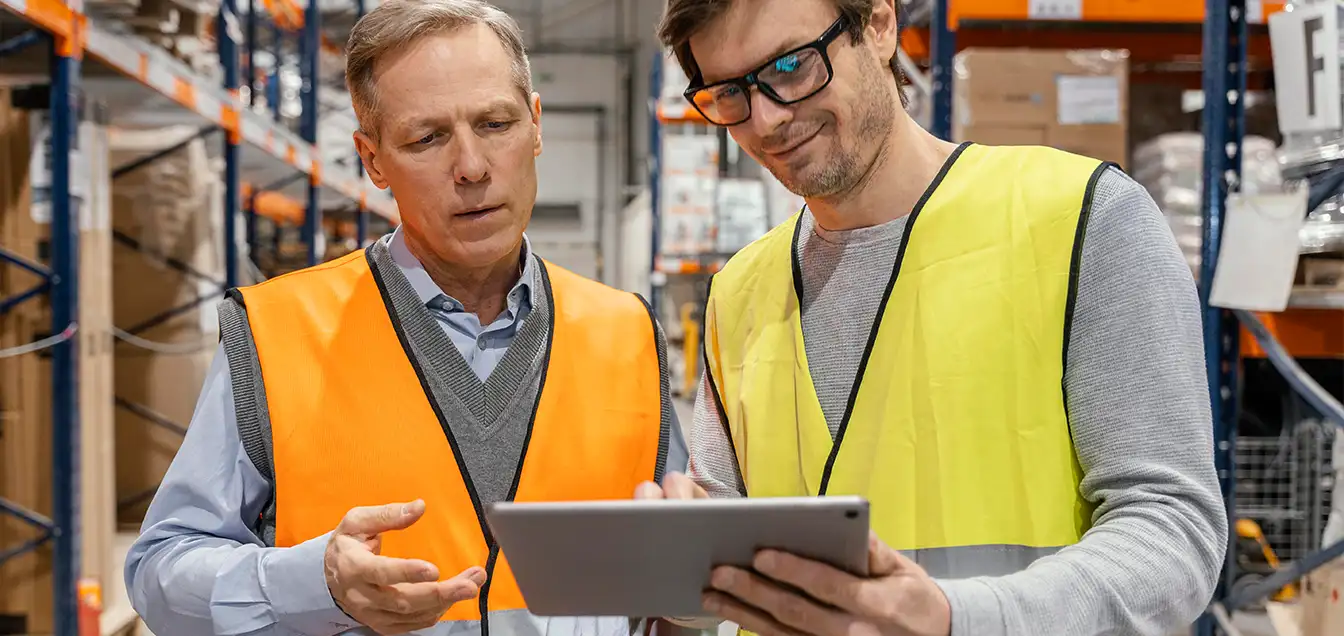
To illustrate the impact of effective fulfillment strategies, let’s look at some real companies that have successfully navigated the challenges in retail store fulfillment:
- Walmart: By investing heavily in supply chain technology and adopting a hybrid fulfillment model, Walmart has significantly improved its order fulfillment speed and accuracy. This approach combines in-store fulfillment with warehouse operations, allowing for faster delivery times.
- Zappos: The online retailer Zappos has built a reputation for exceptional customer service by prioritizing fulfillment efficiency. By utilizing advanced order processing systems and ensuring comprehensive staff training, Zappos consistently delivers on its promise of fast and accurate shipping.
- Home Depot: Facing challenges during peak seasons, Home Depot implemented a robust inventory management system that allowed for better visibility and forecasting. This change led to a noticeable reduction in stockouts and improved customer satisfaction.
Numerical Data and Reports
The following table summarizes key metrics related to order fulfillment processes:
| Metric | 2022 Statistics | 2023 Predictions |
| Average Order Fulfillment Time | 2.5 days | 1.8 days |
| Inventory Turnover Rate | 6.0 | 7.5 |
| Percentage of Orders Delivered on Time | 88% | 92% |
| Customer Satisfaction Rate | 80% | 85% |
Conclusion
In conclusion, the challenges in retail store fulfillment are multifaceted, but with the right strategies and tools, retailers can overcome them effectively. Investing in advanced operational software, optimizing inventory management, and partnering with trusted 3PL providers like DelGate are essential steps in enhancing operations and improving customer satisfaction. By addressing these challenges, retailers can position themselves for long-term success in an increasingly competitive market. For more insights into retail fulfillment trends, visit Shopify’s Fulfillment Guide.
Understanding and tackling the challenges in retail store fulfillment will enable retailers to thrive and adapt in a constantly evolving retail landscape.

